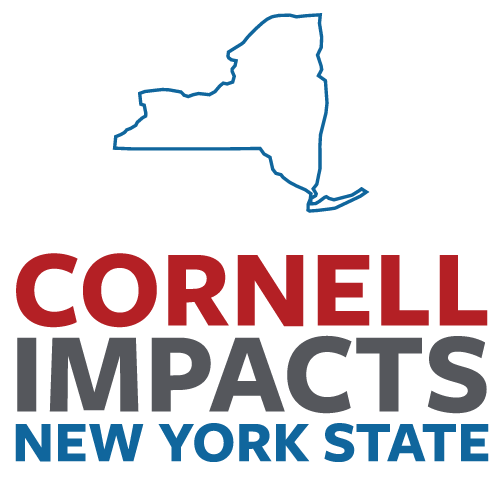
A new hybrid variety of broccoli, named NorthStar, has been developed through a collaboration between Cornell University and the global seed company Bejo Zaden. This innovative strain is designed to thrive in the face of changing climate conditions, offering significant benefits for growers and consumers alike.
Broccoli is a popular vegetable in many households, particularly in the United States. Traditionally, it has been considered a temperate crop, requiring cooler nights and stable weather to flourish. As climate change leads to warmer temperatures and unpredictable weather patterns, this has posed challenges for broccoli cultivation, especially in the Northeast region of the United States.
The NorthStar hybrid has been specifically engineered to withstand these adverse conditions, thus expanding the areas suitable for broccoli farming. This is particularly crucial as the demand for this nutritious vegetable continues to rise globally. According to agricultural experts, the introduction of NorthStar could play a vital role in enhancing food security and sustainability, which are increasingly important issues in modern agriculture.
One of the standout features of NorthStar is its ability to reduce the carbon footprint associated with food transportation. By enabling broccoli to be grown in regions that were previously unsuitable, the need for long-distance shipping is diminished. This not only lowers financial costs for producers but also contributes to a more sustainable food system.
The collaboration between Cornell University and Bejo Zaden exemplifies how public-private partnerships can foster agricultural innovation. Their efforts reflect a proactive approach to addressing the challenges posed by climate change, ensuring that essential crops like broccoli can continue to thrive in a rapidly changing environment.
As this new variety gains traction among farmers, consumers can anticipate an increased availability of locally grown broccoli. This shift could promote healthier eating habits while also supporting local economies. The potential impact of NorthStar extends beyond just agriculture; it embodies a commitment to creating resilient food systems capable of adapting to future challenges.
In summary, the development of the NorthStar broccoli hybrid represents a significant advancement in agricultural science. By enhancing the resilience of this staple vegetable against climate change, it paves the way for improved food security and sustainability in the years to come.







